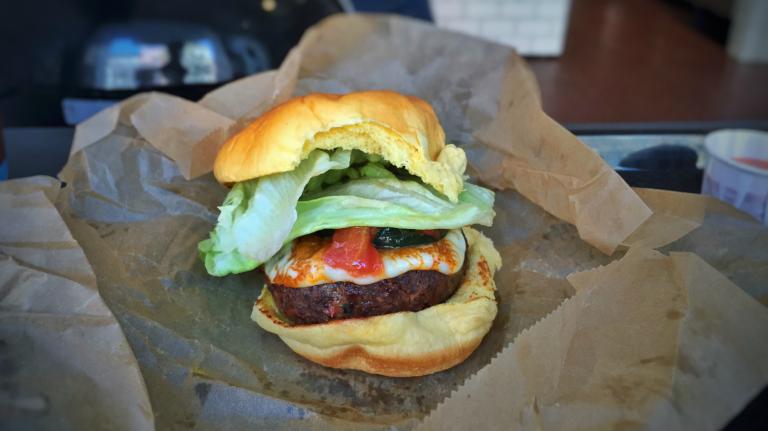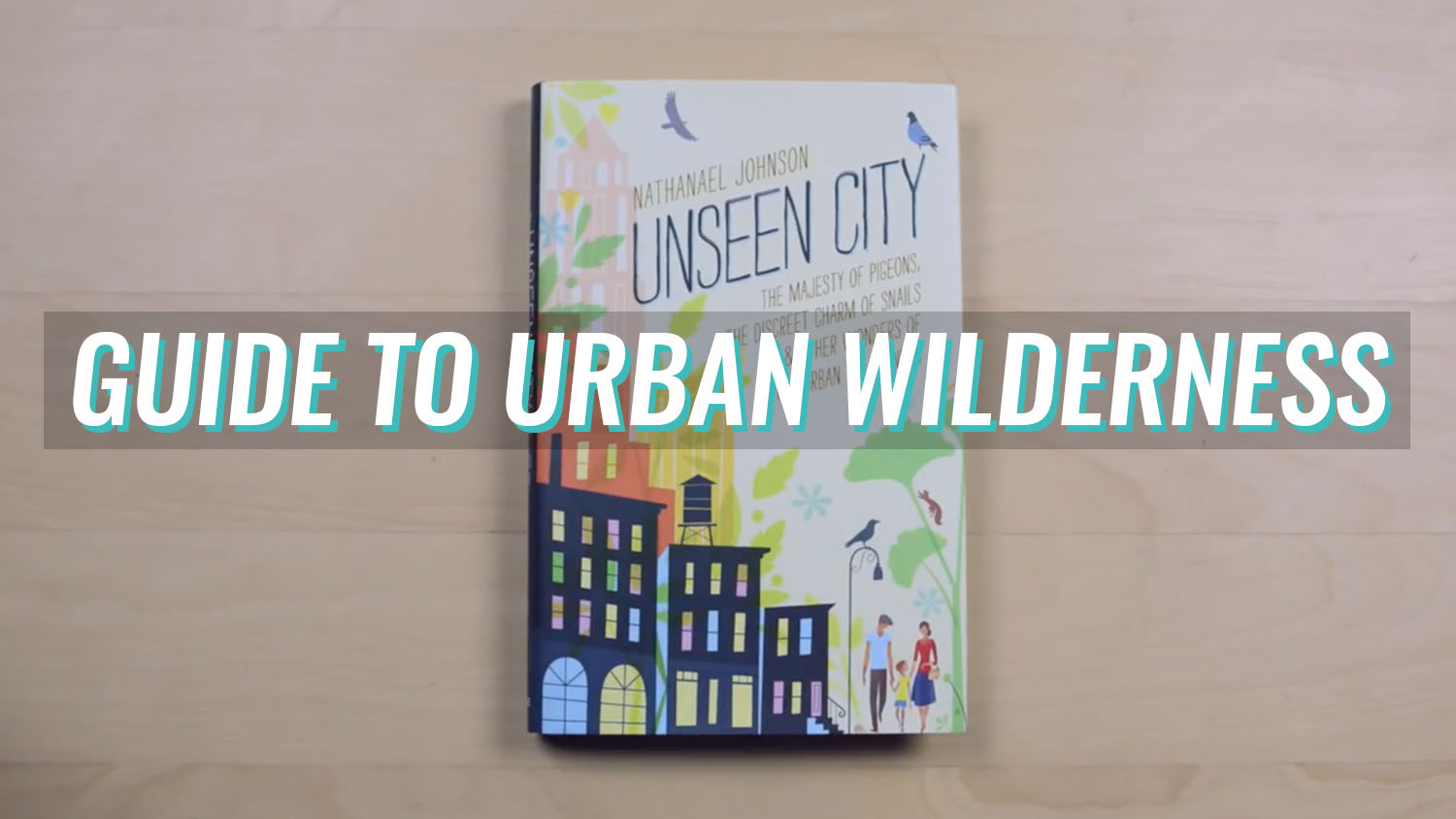For the last three years I’ve been writing a book about urban wilderness. Today, it’s finally out. The book is called Unseen City, and it’s a guide to some of the flora and fauna around us that are so common we no longer see them. Check out the video above for the full explanation.
So why is a food guy writing about snails and ginkgo trees? I don’t see this as a departure in the slightest. Foodies are naturalists; they just don’t know it yet.
The most persistent force driving our growing interest in food is a desire to live life more richly. We’re taking a necessity of life — eating — focusing on our daily bread to fully appreciate the pull of dough on teeth, the scent of crunching sourdough. The pleasure we get from food also leads us to responsibility. When we take food seriously, we start paying attention to the details — the size of a chicken’s home, for instance, and the antibiotics used in its feed. We want to get it right.
All that is also true of naturalism. If people want to learn how to take pleasure from the quotidian aspects of their lives, there’s no reason to stop with food. Next, try looking for magic in your commute to work. Even if you live in the densest of cities, there are small miracles out there, waiting for you to discover them. The wonders I’ve found on grubby street corners while researching this book are no less than the wonders I’ve found in national parks.
If we start finding delight in the nature around us we might also start taking more responsibility for it, too. It’s easy to value nature when it’s far away and beautiful. The real test is to value nature when it asserts itself in our own lives — when it comes wiggling out of your garden, or crawling out of your salad. Nature isn’t always awe-inspiring and beautiful. Nature is often gross, dangerous, or annoying.
But by coming to know nature in the neighborhood, where it’s too close to be romanticized, we can work out a realistic relationship. Instead of longing for a romantic Eden that never existed, we could open our eyes to the truth: We’re already living in Eden, we just have to learn to see it.




